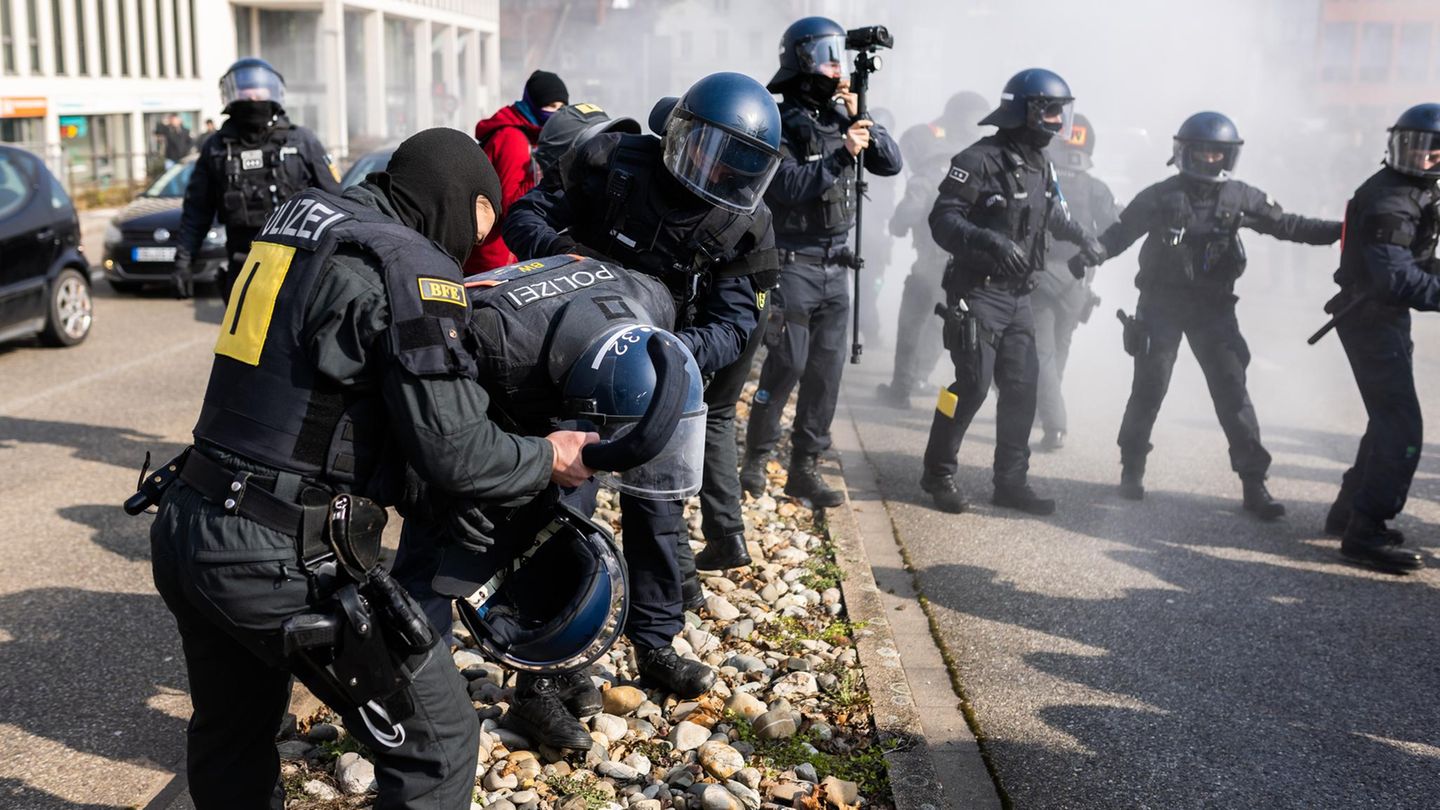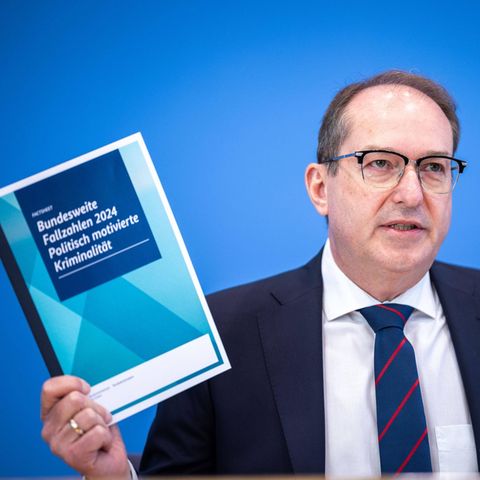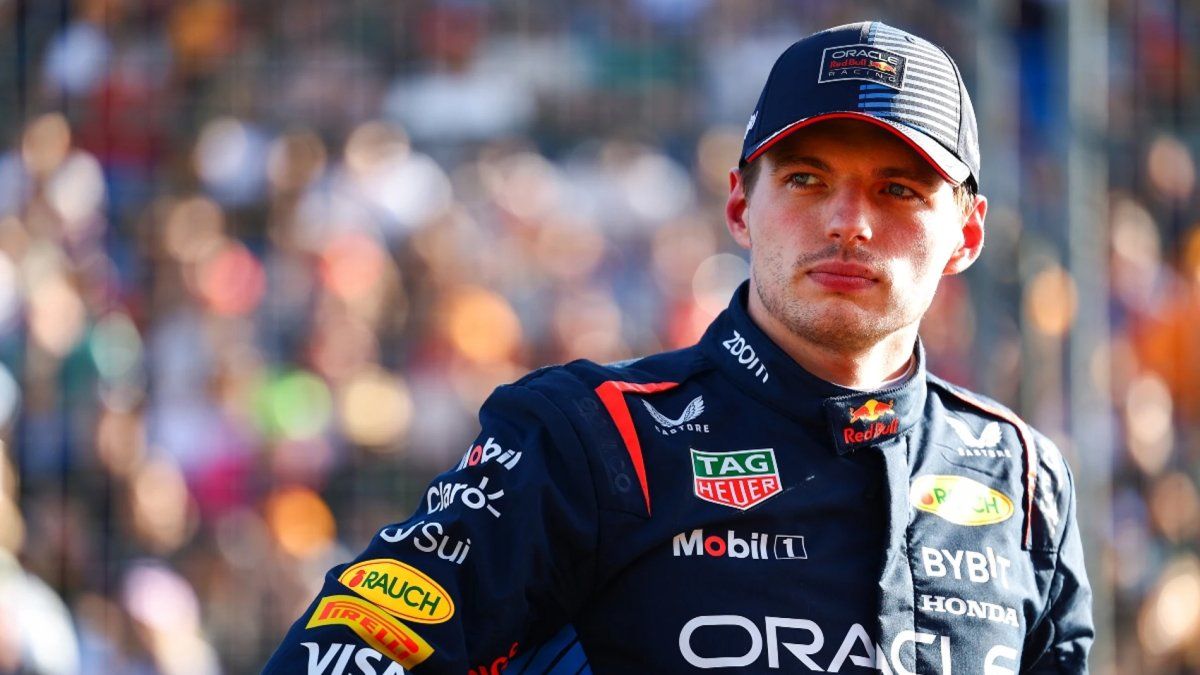Officials in danger
The growing violence against police officers alerts politics
Copy the current link
Add to the memorial list
Around 300 police officers are victims of violence every day. Videos are increasingly circulating in social media. Now politics wants to react. Just how?
It is a warm spring evening in Berlin. A group of police officers is in the middle of a crowd, the mood is heated. Suddenly one of the officials is pulled into the crowd with all violence. Screams, bottles fly, the policeman is torn to the ground.
Minutes later he is in the hospital – seriously injured. Demonstrators of a pro-Palestine demo were trampled over his body. Scenes like this from last week are no longer an isolated case. They are part of a terrifying reality that is increasingly evident in Germany: violence against police officers increases, respect for the officials decreases.
Videos are increasingly circulating on social media that show how police officers shouted at, spit or even thrown at objects. The inhibition threshold sinks. “There used to be these unspoken consensus: the police protect the company, for this, their respect is due,” says Alexander Poitz, deputy chairman of the police union. “Today we are experiencing that police officers are abused as a lightning rod for frustration and anger.”
Daily over 300 police officers victims of violence
The numbers speak a clear language. There is another increase in attacks on emergency services for 2024: there were 117,548 attacks on rescue and emergency services, including 109,545 cases against police officers. This corresponds to an increase of 5.1 percent compared to 2023. Daily over 300 police officers become victims of violence, which means an attack about every five minutes.
How can that be? After all, police officers should protect the citizens of this country from exactly such attacks. And: they are armed. Why can’t you protect yourself more and more often?
The violence against police officers is more than just a security problem. It is a mirror of our society – its tensions, fears and conflicts. “The biggest change in the ratio of the citizens and the police took place during Corona. After that, these group dynamic anti -stops were noticed for the first time, which was previously only known from, for example, left -wing extremists,” said Jochen Kopelke, Federal Chairman of the Police Union.
The police lost to unpopular measures, restrictions, freedom trains. For some, she was apparently suddenly part of a state elite that accumulates its citizens.
The violence of the police itself is also a problem
Others, that is also part of it, feel really unfairly treated by the police. Marginalized groups repeatedly report excessive use of violence, harassment and discrimination. Studies show that young men, migrants and socially disadvantaged people in particular are more often affected by police violence – often in demonstrations, soccer games or people. The consequences are profound: anger, fear, a feeling of fainting and a growing loss of trust.
But what is true: Many police officers no longer dare to really protect themselves. Your weapon usually remains unused. The reason? “A fundamental attitude towards the police, which has established itself in recent years. And to get legal problems to the fear of the police officers and police officers, quickly – unjustifiably -.” Kopelke, the trade union chairman, is sobered: “We perceive that people no longer buy us, that we can intervene robustly.”
Dobrindt’s double strategy
Many different experiences result in some people alienate from the police. They do not see them as a friend and helper, but sometimes also as a threat that restricts their freedom and violates their rights. The feeling of not being taken seriously runs through many reports. Victims of violence often feel left alone, their concerns are not adequately pursued. This distrust nourishes a spiral of escalation – on both sides.
Politics are now responding to part of the problem. Police officers should be better protected. The new Federal Minister of the Interior Alexander Dobrindt speaks of a double strategy: more skills for the police, more consequences for the criminals. Criminal law enhancements are intended to sanction attacks on emergency services. Even consistent urgent instructions should follow if foreigners were involved in such acts. The police’s investigative powers should be expanded in parallel – from data retention to expanded monitoring measures. The message is clear: the police should be better protected and perpetrators should be caught faster.
The power of the pictures
Many police officers ask themselves: is that enough? Or do you need more? More staff, more equipment, more support from politics and society? Because at the end of the day it is people who are on the street in uniform – people who fight for our security.
The new federal government faces a challenge: How do you protect those who protect us? How do you ensure that respect and trust return before violence continues to escalate? A central aspect for trade union chief is in the distribution of videos and photos: “The power of the pictures should not be underestimated. Other countries are far ahead of us: Bodycams are mandatory throughout the country, and the police themselves can also anticipate and publish videos of attacks before the defense measure circulates again without context.”
In an already increasingly polarized society, shaped by social inequality, economic uncertainty and political conflicts, the police often become a symbol of state control and repression. So she itself becomes part of the problem that it should actually solve. A constant area of tension: “Some think that we have too many powers, others think we have to take a harder manner,” says Kopelke.
A vicious circle that needs to be broken urgently.
Source: Stern
I have been working in the news industry for over 6 years, first as a reporter and now as an editor. I have covered politics extensively, and my work has appeared in major newspapers and online news outlets around the world. In addition to my writing, I also contribute regularly to 24 Hours World.





